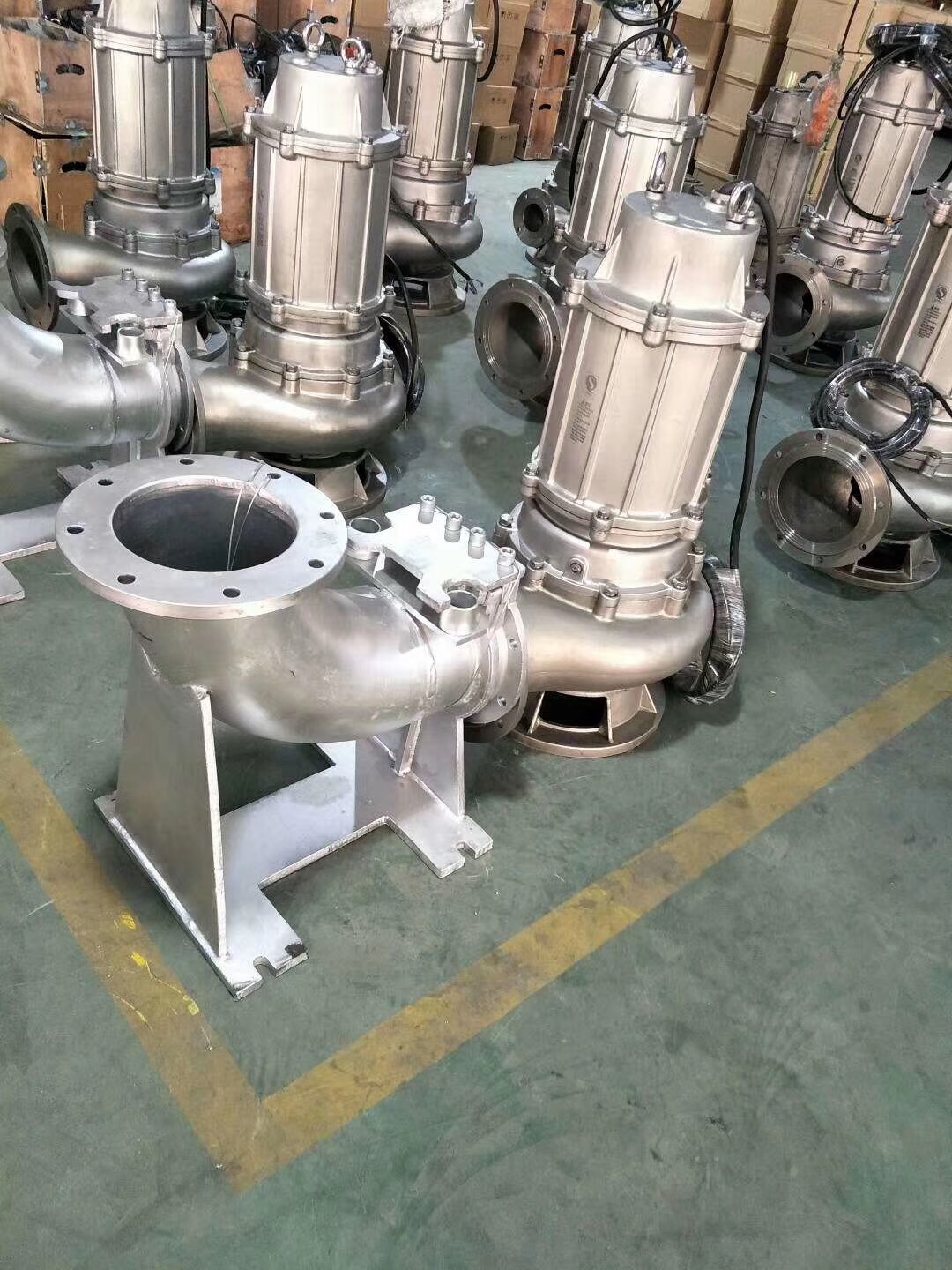Swahili
- Afrikaans
- Albanian
- Amharic
- Arabic
- Armenian
- Azerbaijani
- Basque
- Belarusian
- Bengali
- Bosnian
- Bulgarian
- Catalan
- Cebuano
- Corsican
- Croatian
- Czech
- Danish
- Dutch
- English
- Esperanto
- Estonian
- Finnish
- French
- Frisian
- Galician
- Georgian
- German
- Greek
- Gujarati
- Haitian Creole
- hausa
- hawaiian
- Hebrew
- Hindi
- Miao
- Hungarian
- Icelandic
- igbo
- Indonesian
- irish
- Italian
- Japanese
- Javanese
- Kannada
- kazakh
- Khmer
- Rwandese
- Korean
- Kurdish
- Kyrgyz
- Lao
- Latin
- Latvian
- Lithuanian
- Luxembourgish
- Macedonian
- Malgashi
- Malay
- Malayalam
- Maltese
- Maori
- Marathi
- Mongolian
- Myanmar
- Nepali
- Norwegian
- Norwegian
- Occitan
- Pashto
- Persian
- Polish
- Portuguese
- Punjabi
- Romanian
- Russian
- Samoan
- Scottish Gaelic
- Serbian
- Sesotho
- Shona
- Sindhi
- Sinhala
- Slovak
- Slovenian
- Somali
- Spanish
- Sundanese
- Swahili
- Swedish
- Tagalog
- Tajik
- Tamil
- Tatar
- Telugu
- Thai
- Turkish
- Turkmen
- Ukrainian
- Urdu
- Uighur
- Uzbek
- Vietnamese
- Welsh
- Bantu
- Yiddish
- Yoruba
- Zulu
Telephone: +86 13120555503
Email: frank@cypump.com
Desemba . 10, 2024 08:03 Back to list
slurry pump uses
Understanding Slurry Pump Uses A Comprehensive Overview
Slurry pumps play a crucial role in various industries, particularly those involving the transport of mixtures containing solid particles and liquids. From mining to wastewater treatment, these specialized pumps are designed to handle the challenges posed by abrasive materials and viscous mediums. This article explores the primary applications and benefits of slurry pumps, highlighting their importance in modern industrial processes.
What is a Slurry Pump?
A slurry pump is a type of pump specifically designed to transport slurries—mixtures of solid particles and liquids. The solids can vary in size, density, and hardness, while the liquid phase typically consists of water or other fluids. Slurry pumps are engineered for durability and efficiency, making them essential in operations where traditional pumps would falter.
Applications of Slurry Pumps
1. Mining and Mineral Processing One of the most common applications of slurry pumps is within the mining industry. These pumps move slurries that consist of finely ground mineral ore mixed with water. In processes like ore separation and tailings disposal, slurry pumps ensure safe transportation of materials from one point to another, even across long distances and varying elevations.
2. Construction In the construction sector, slurry pumps are essential for moving cement and other heavy materials. They facilitate the transportation of concrete mixes and are used in dewatering applications to remove excess water from construction sites. This helps to maintain project timelines and ensures structural integrity.
3. Wastewater Treatment Slurry pumps are vital in wastewater treatment facilities, where they are used to transport sludge and other semi-solid waste for further processing. They can handle thick mixtures with large solid components, ensuring that the treatment process runs smoothly and efficiently.
4. Oil and Gas In the oil and gas industry, slurry pumps are utilized to handle drilling muds and other viscous fluids used during the extraction process. The ability of slurry pumps to manage high-density mixtures makes them ideal for transporting materials through pipelines and other systems.
slurry pump uses

5. Pulp and Paper The pulp and paper industry employs slurry pumps to move wood pulp, which is a slurry of wood fibers and water. These pumps help to facilitate the various stages of production, including the transportation of the pulp to bleaching and milling processes.
Advantages of Using Slurry Pumps
1. Durability Slurry pumps are built to withstand tough operating conditions. Their design often incorporates materials resistant to abrasion and corrosion, ensuring long service life even when handling harsh slurries.
2. Efficiency These pumps are specifically engineered to optimize flow rates and minimize energy consumption, making them more efficient than standard pumps in applications with slurries.
3. Versatility Slurry pumps are adaptable to a variety of applications and can handle different types of slurries, including those with varying solid concentrations and particle sizes.
4. Reduced Maintenance Due to their robust construction, slurry pumps often require less frequent maintenance compared to other types of pumps. This can lead to significant cost savings and reduce downtime in industrial operations.
5. Enhanced Performance The design of slurry pumps allows for improved performance in terms of flow control and pressure management, ensuring that slurries are transported effectively without blockages or leaks.
Conclusion
Slurry pumps are indispensable in numerous industries, playing a vital role in the transportation of solid-liquid mixtures. Their robust design, efficiency, and versatility make them a preferred choice for applications ranging from mining and construction to wastewater treatment and oil extraction. As industries continue to evolve and demand higher efficiency and reliability, the importance of slurry pumps will only increase. Understanding their uses and benefits can help businesses make informed decisions when choosing the right equipment for their operations, ensuring optimal performance and longevity in challenging environments.
-
High-Performance Air Pumps for Sand & Gravel | Efficient Transport
NewsAug.03,2025
-
ISG Series Vertical Pipeline Pump - Chi Yuan Pumps Co., LTD.|Energy Efficiency, Corrosion Resistance
NewsAug.03,2025
-
ISG Series Pipeline Pump - Chi Yuan Pumps | Energy Efficiency&Compact Design
NewsAug.03,2025
-
ISG Series Vertical Pipeline Pump - Chi Yuan Pumps Co., LTD.|High Efficiency, Low Noise, Durable
NewsAug.02,2025
-
ISG Series Vertical Pipeline Pump - Chi Yuan Pumps | High Efficiency, Low Noise
NewsAug.02,2025
-
ISG Series Vertical Pipeline Pump- Chi Yuan Pumps Co., LTD.|High Efficiency&Compact Design
NewsAug.02,2025










